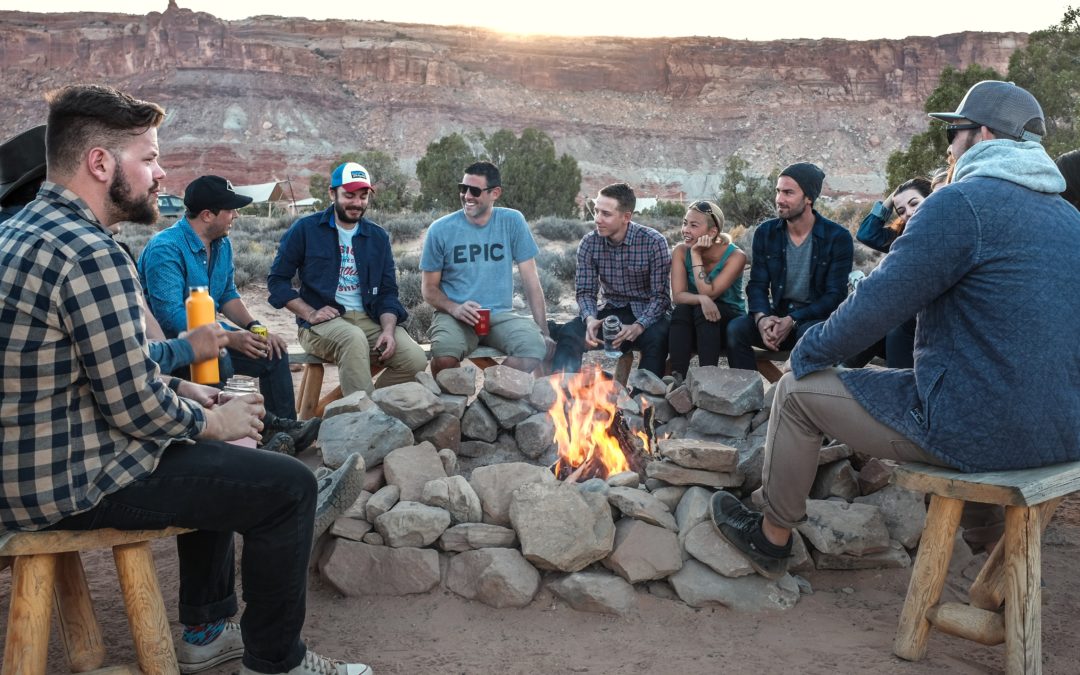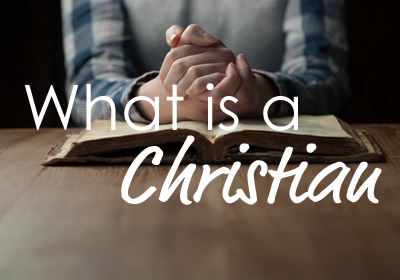For decades, sociologists have noticed a decreasing sense of community in the west. Our affluence means we have less NEED for help. Couple that with an increasing desire for ‘me time’, and we realise individualism has been on the rise since 1960s.
Our sense of community was dealt a second blow by social media. We can now have hundreds of ‘friends’ on-line, whom we don’t need to open up to, or sacrifice much time and energy for. Digital connection is now replacing human connection at high speed.
Yet with this increase in individualism has come an increase in loneliness and mental illness. We have never owned so much ‘stuff’ and had access to so many comforts and pleasures. Yet we have never been more depressed as a society.
Yet modern psychology has been telling us this for decades. Alcoholics Anonymous (AA) has long known that the opposite to alcoholism is NOT sobriety; it’s community. AA teaches that the best solution to alcoholism is a community of like-minded people that accept you for who you are; i.e. who don’t judge you, principally because they’re in the same boat as you. Similar programs are now used for all manner of addictions. Psychologists teach that it is the duty of every adult to seek out communities where people will love and accept you unconditionally.
The Bible has been teaching this for centuries. When God wishes to bless people, he draws them together into communities (e.g. Israel, the Temple, the church). When God wishes to curse people, he scatters them (e.g. Cain, the Tower of Babel, the Exile). So when the author of Hebrews says that we ‘not give up meeting together’ (Heb 10:25), this is not a duty required to please God, it is the medicine required for a healthy life.
It is therefore vital that we work hard to maintain and build our church community, or wider community, during the COVID-19 crisis. May that be our example this week.






